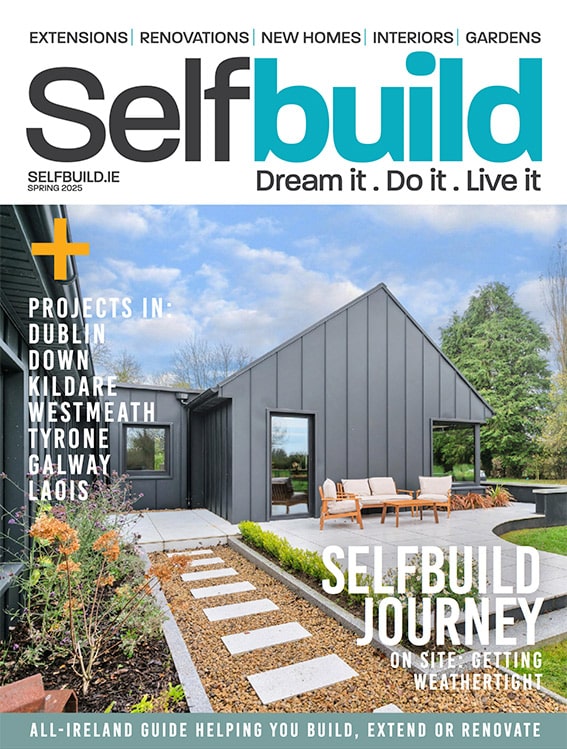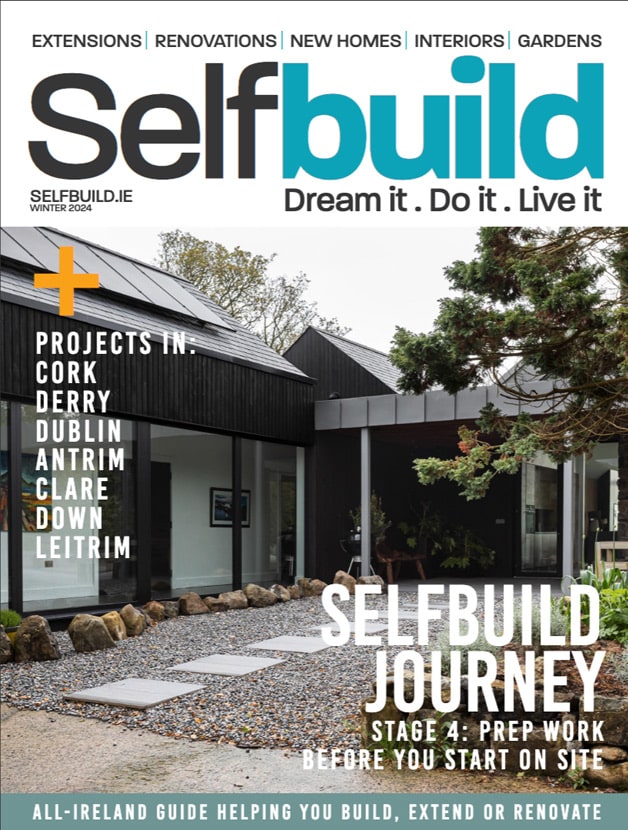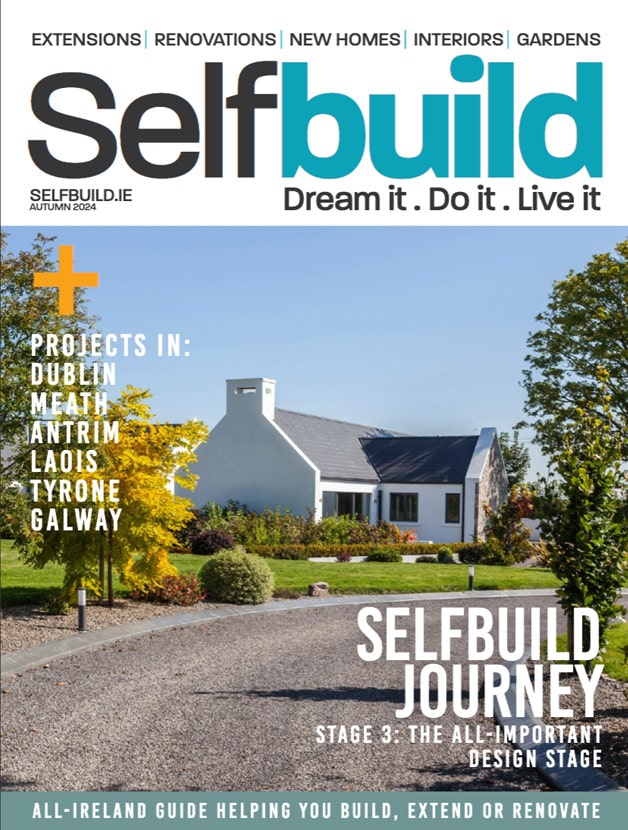In the case of a renovation project, you won’t need certificates of compliance, but anything that involves significant work will get a building control certificate at the end in NI, including boiler upgrades and structural work.
Your local building control officer will do a final inspection to issue this Building Regulation Completion Certificate. The Completion Certificate and the plan Approval Certificate are legal documents. You will need these documents when the time comes to sell the house. The certificate states that the building satisfies building regulation requirements.
In ROI, for major work you’ll need a certificate of compliance and you’ll get it from your engineer or architectural designer who’s signed off on the work as it progressed. You have to privately pay for your certifier to sign off on the build.
As with NI’s building control certification, this is proof that the house was built to all aspects of the building regulations applicable at the time. You will need this document to sell the house.
If you took out a warranty, the completion certificate will trigger the defects period.
Your mortgage provider will look for these certificates to issue the last tranche of the mortgage.
Proof of compliance with planning permission is a separate document and is required if the work you carried out needed to get planning. Remember that a build must usually start within five years of planning having been granted.
An opinion of compliance lumps certification that both planning conditions and building regulations have been abided to.
Keep a record of all documentary evidence as it may be requested by your certifier or building control officer.
To get certificates of compliance retroactively can be very difficult, i.e. expensive and may involve intrusive work. Indemnity insurance is likely to be required to sell the house if there is no original building control certificate or other original compliance certificates.






